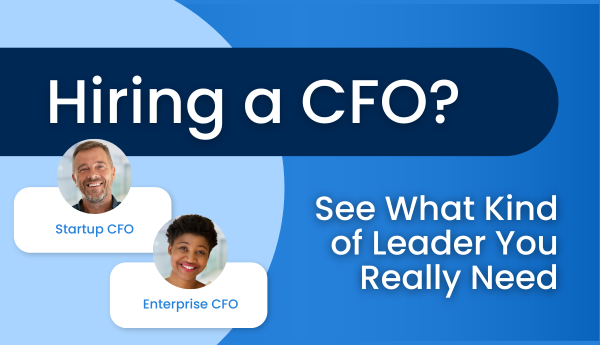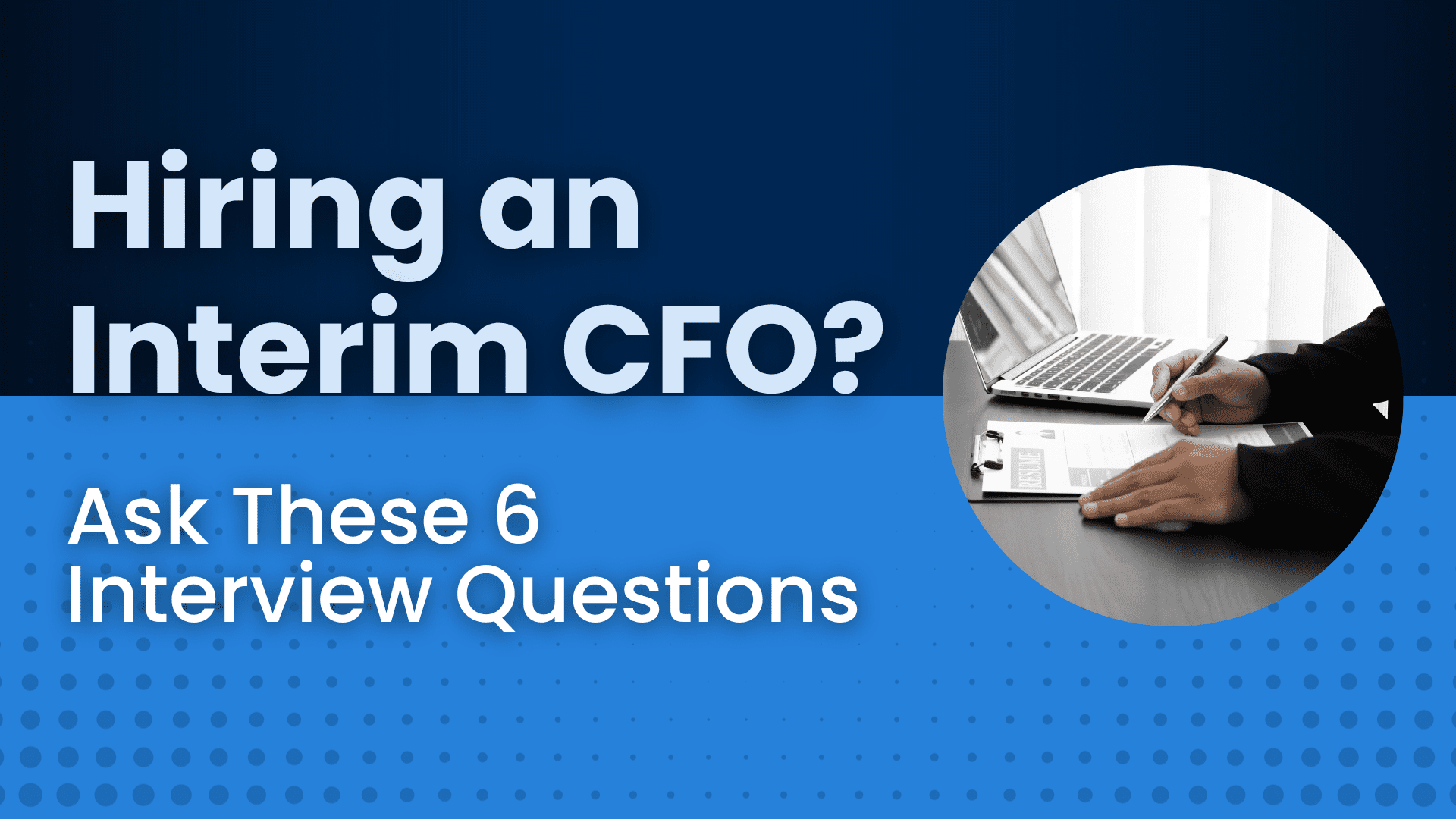As someone who has worn the hats of both Chief Operating Officer and Chief Financial Officer, few people are better qualified than Jim Mitrakos to explain to CFOs what their COOs need from them. Based on Jim’s extensive experience in both operations and finance, here are the 6 most important things a COO expects from their CFO.
- The COO looks to their CFO to establish key performance indicators. The COO wants a dashboard to run the business; the CFO is the individual best suited to produce and deliver it.
- The CFO needs to identify and assess any material variances, and advise the COO of them on a timely basis. Variances tell us what we need to look out for. As the CFO, you need to be able to identify areas of variability and address them before they develop into major issues.
- The CFO has to support and provide diligence on any CapEx requirements. The company is going to spend money, and the COO needs and expects the CFO’s experienced insight in this regard.
- The CFO has to be able to identify opportunities to grow the business. As the CFO, you have a unique perspective. Because you work closer with the hard financial data than anyone else, you should be able to see opportunity where others cannot. Look for these opportunities and help us to capitalize on them.
- The CFO has to ensure that their organization has the financial resources to deliver on the vision and operational plans it has laid out for itself. You need to specify and communicate possible assets that can help to shape your company’s goals.
- The CFO needs to act, above all, as the voice of reason. This means that you, as the CFO, need to scrutinize each and every plan your company puts forward. Perform the analysis, and let them know if they are crazy or missing something critical.
These are some of the most crucial everyday tasks and expectations for the position of CFO. More than anything else, you as the CFO need to support your team and provide them with digestible tools as to what can and will not work. This is the fundamental support every successful company requires from their CFO. Paying heed to Jim’s learned advice will ensure a successful and professional relationship with your COO.



